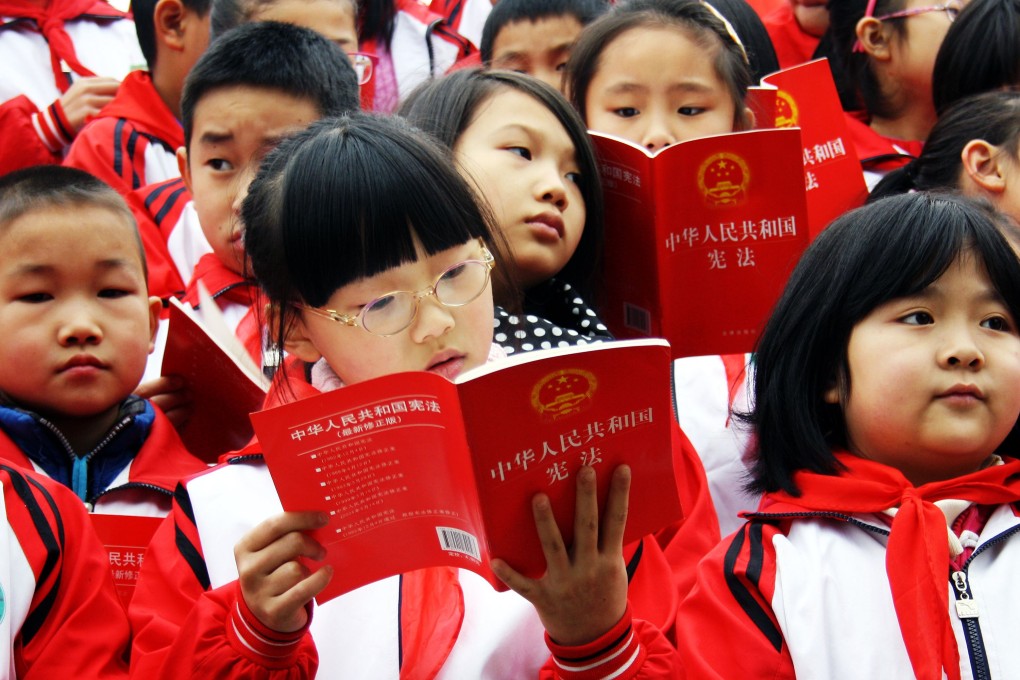Chinese constitution's pride of place will mean little without independent judiciary
Zhou Zunyou says China's insistence on rule of law is often undermined by its own party officials

On December 4, local prosecutors interrogated and threatened to punish Meng Xianjun, a retired prosecutor from Huaibei city in Anhui province, for talking to the media about a wrongful conviction.
Back in 2005, the then prosecutor had been forced to indict a person called Gao Shang based on the orders of a party official responsible for supervising the work of police officers, prosecutors and judges in Huaibei. This was although Meng and his fellow prosecutors were all convinced Gao had not committed a crime.
For years, Meng kept petitioning provincial and national judicial organs, asking them to correct the wrongful conviction, for which he was partly liable. When they turned a deaf ear to his petition, he felt he had no option but to go to the media for support. Now, however, at long last, there is a ray of hope for Gao, as Anhui's higher court has decided to retry the case.
The bitter irony of Meng's efforts is that local prosecutors threatened him with retaliation for exercising his constitutional right to petition on the very day China celebrated its first-ever Constitution Day. Just a day ahead of the celebrations, President Xi Jinping had called for more awareness of the constitution and a better understanding of the rule of law.
In China, the right to petition is enshrined in the constitution. Article 41 says that every individual has the right to make complaints or charges against, or exposure of, state organs or functionaries for violations of the law. Moreover, the state organs concerned must respond to and deal with the complaints, charges or exposure; nobody is allowed to suppress them or retaliate against the individual making the complaint.
Constitution Day was established on the basis of a proposal at the Communist Party's recent fourth plenum to choose "rule of law" as its central theme. For the first time in the party's history, the rule of law dominated a Central Committee meeting.
The fourth plenum also proposed to establish a mechanism within the National People's Congress and its Standing Committee for constitutional interpretation and supervision. The "sleeping" constitution that promises a wide range of civil liberties may finally come to life. Although the current constitution has claimed paramount authority since its birth, the cruel reality is that its provisions have not been used as the legal basis for judicial decisions.